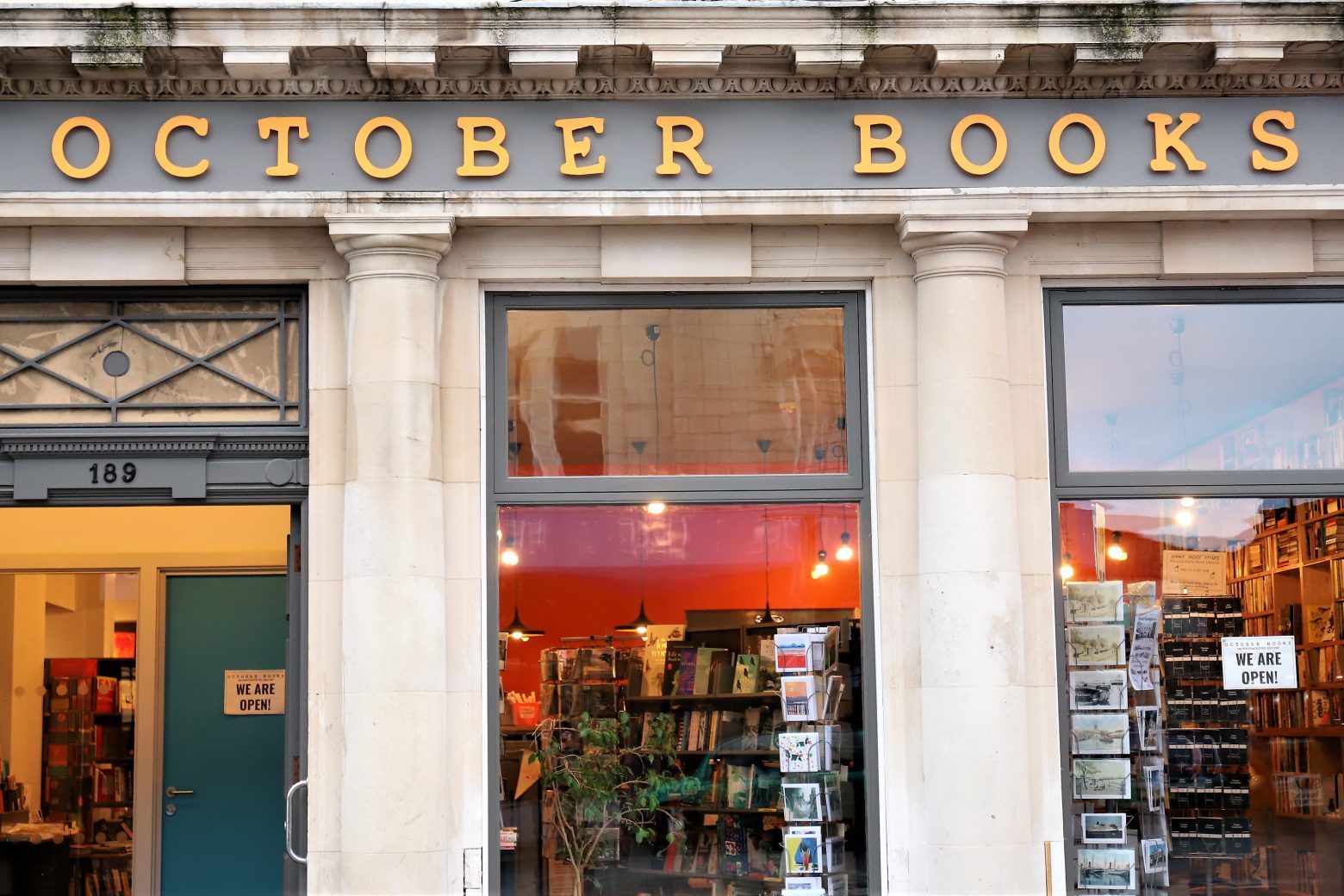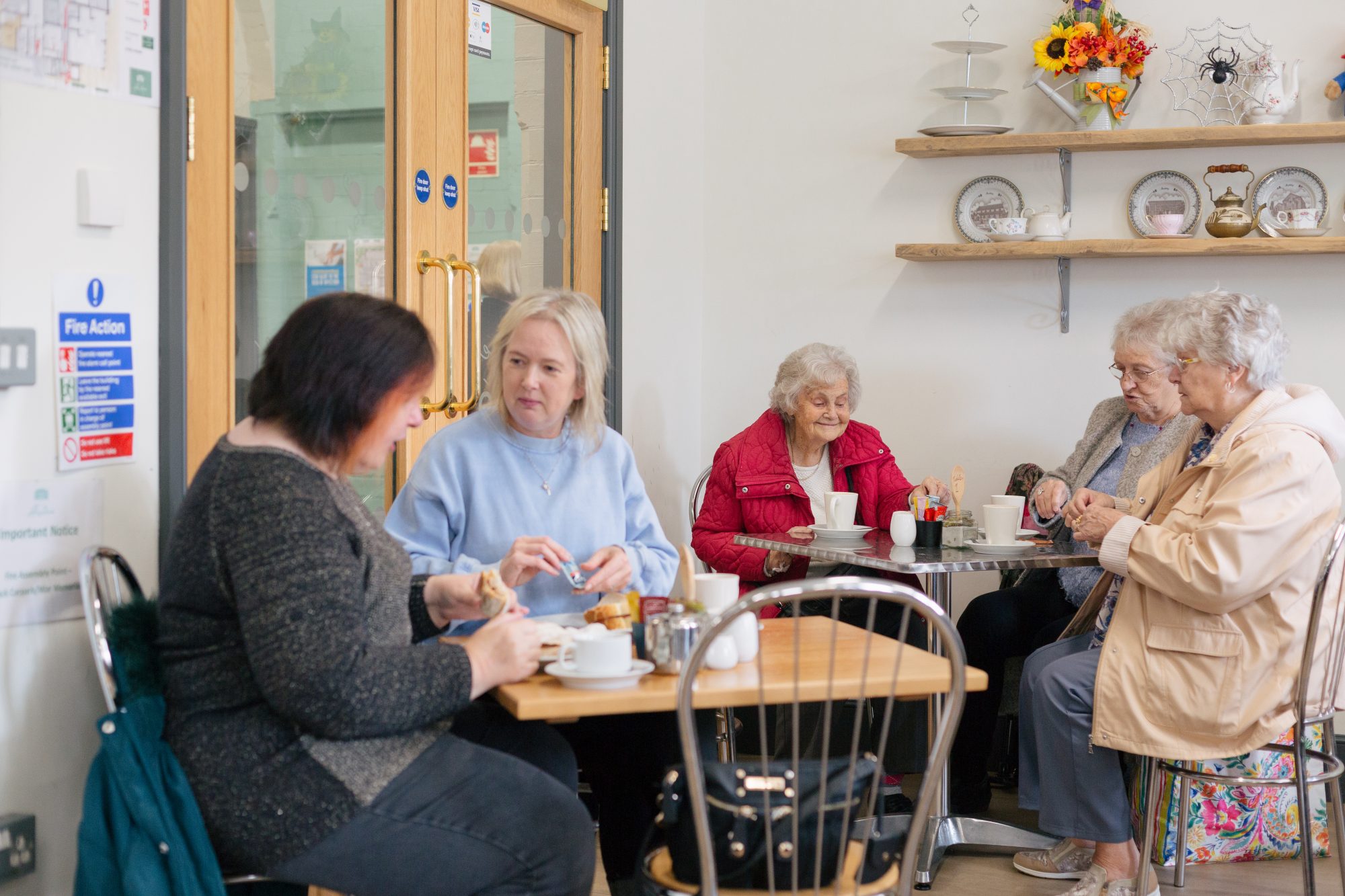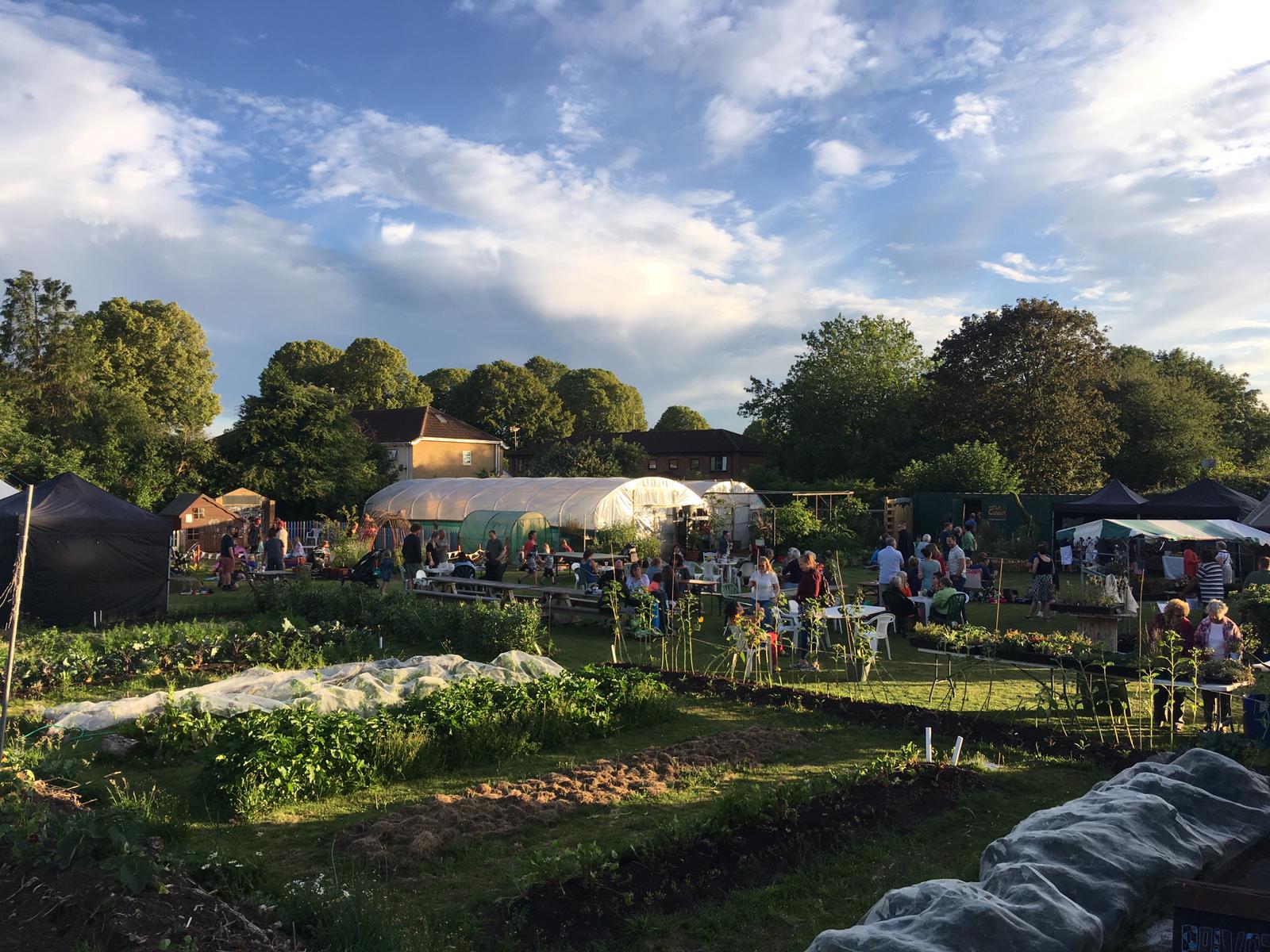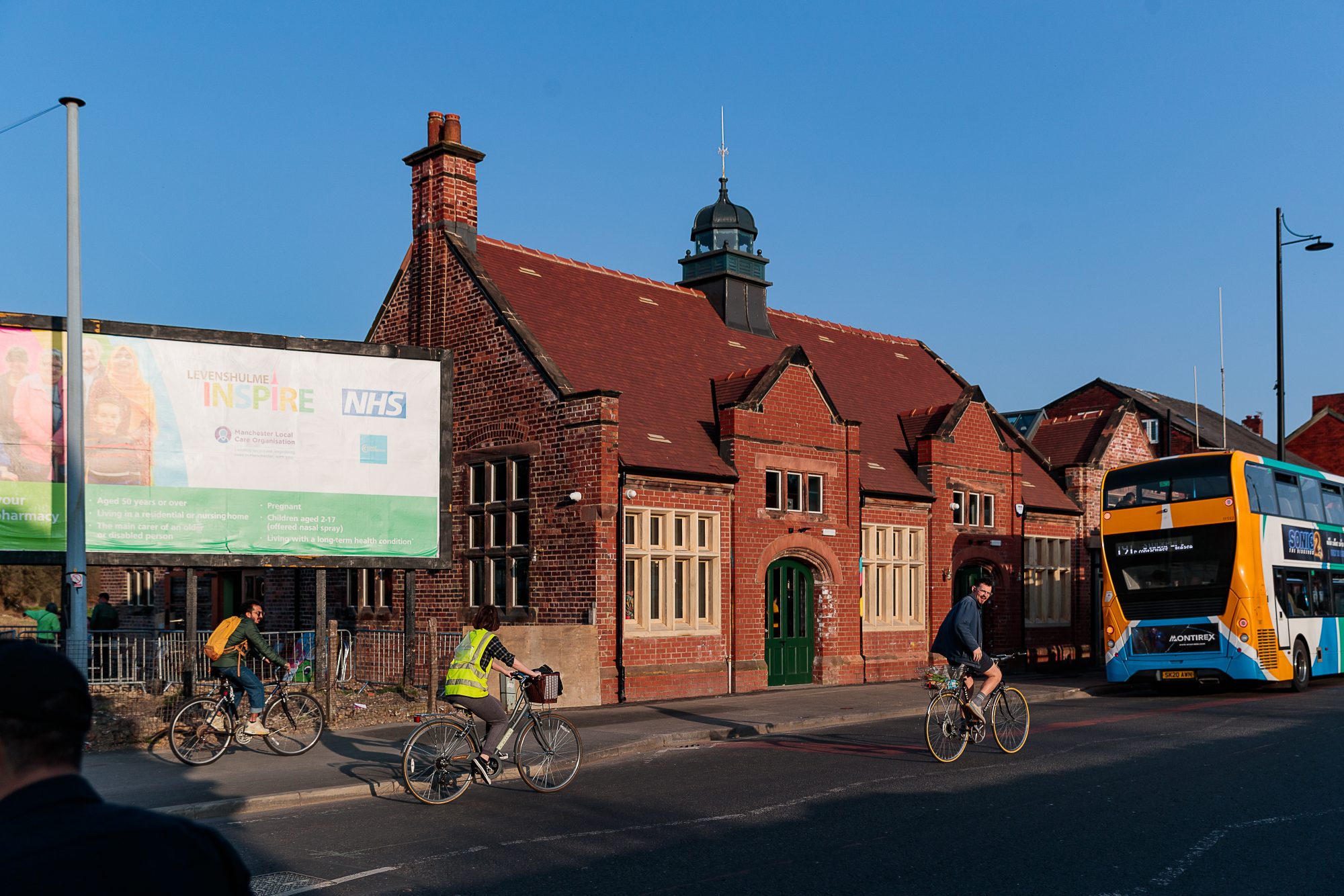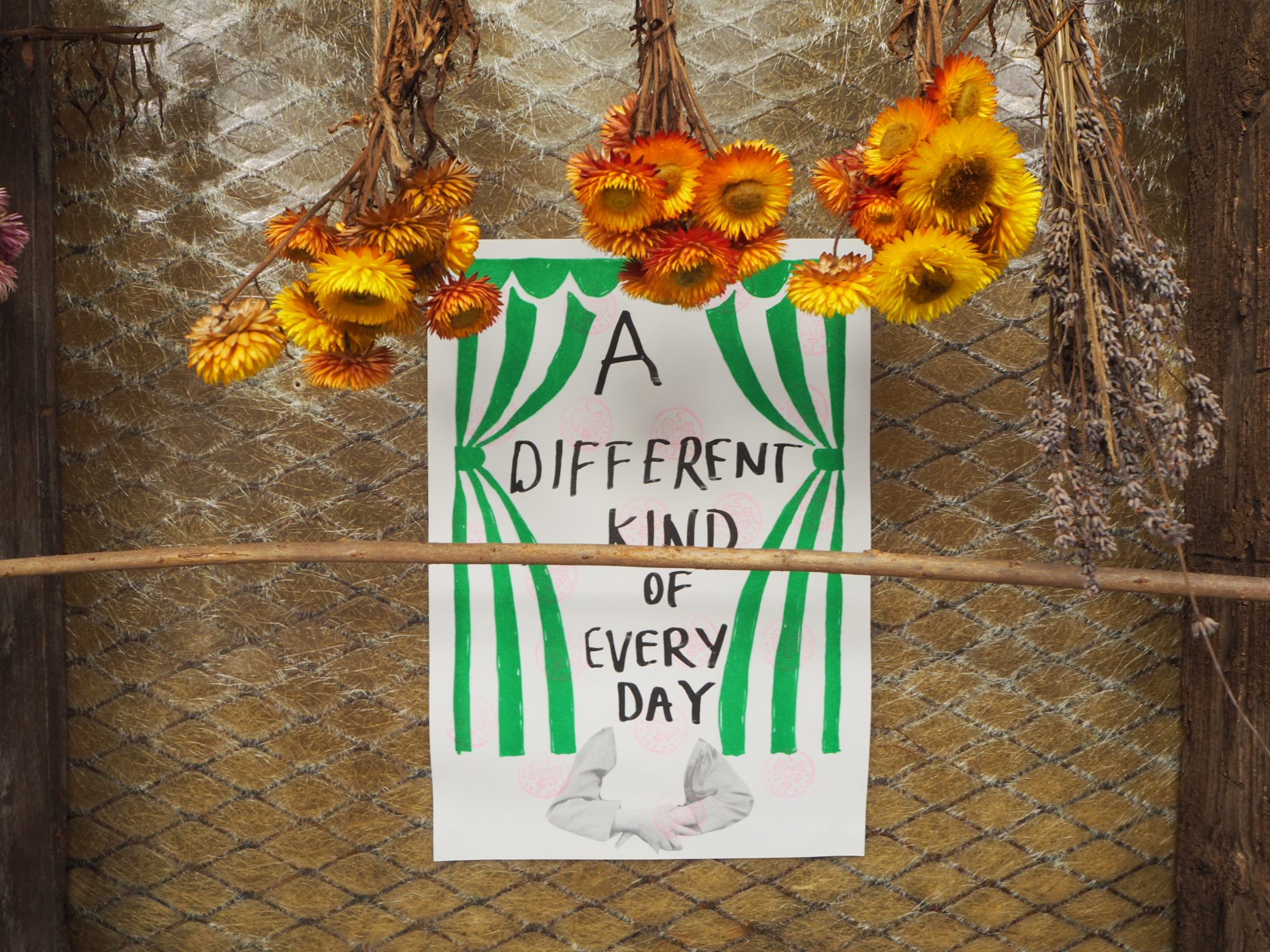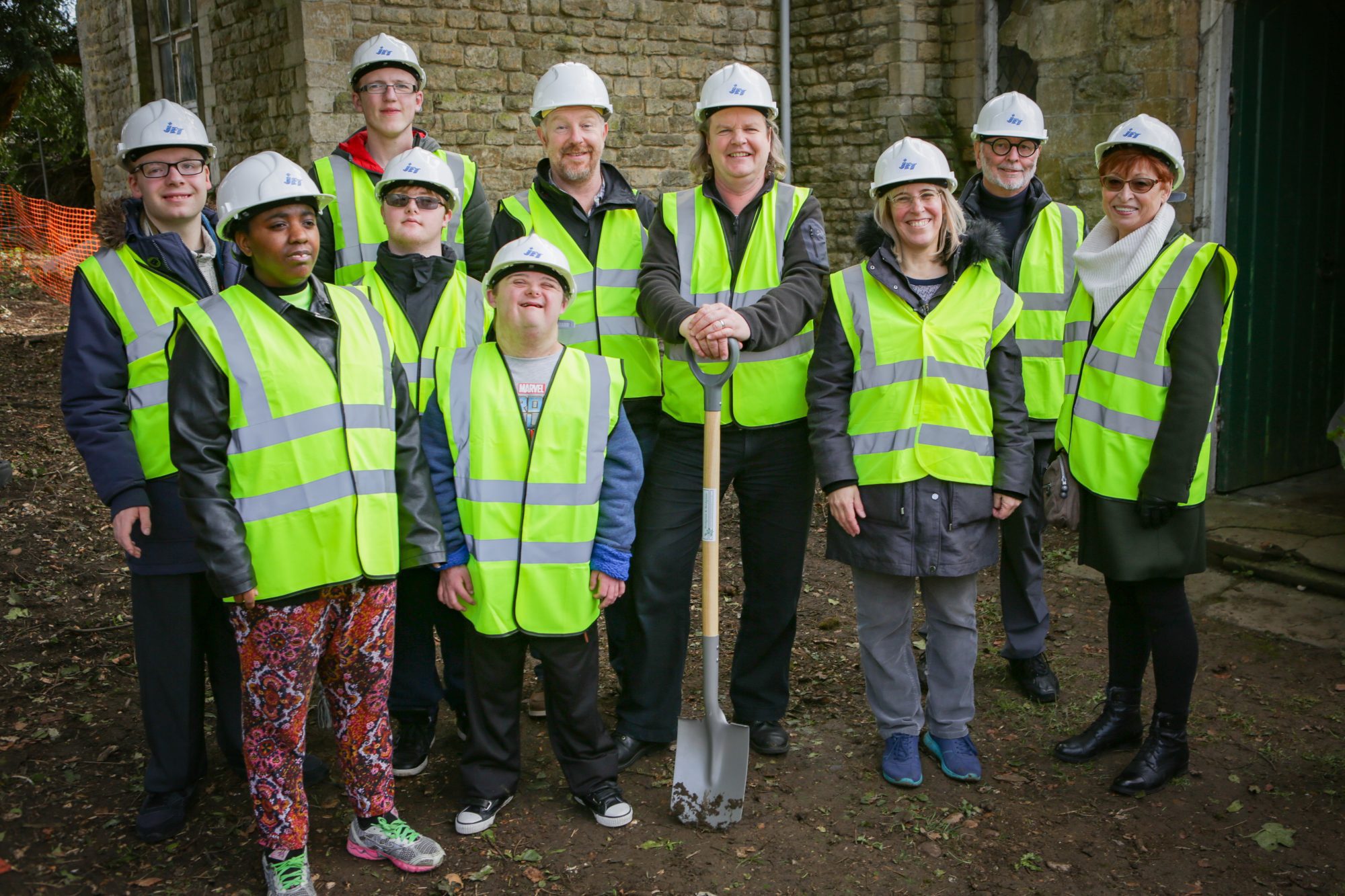Jamie Cooper (aged 33) joined October Books as a worker member in 2019 and now helps run the business. He spent most of his 20s running pubs in London and returned to Southampton to take a break from this line of work. The opportunity to work at October Books attracted him because of its values and ethics. “October Books was created to be a safe space for people to express views that might not be at the forefront of everyone’s thinking. It’s a space where LGBTQ+ communities and other marginalised communities have equal rights, and it is a place where everyone feels safe and supported. That concept is still very much the driving force behind what we do.”
October Books has over 100 members like Jamie – around a third are young people – and several young adults sit on the bookshop’s Committee. Despite facing a steep learning curve, he felt supported from the start. The bookshop is in the process of transitioning from a workers’ co-operative to a community benefit society, and he is taking a lead on this because he wants to learn more about governance.
Jamie has seen younger members bring innovative ideas and a fresh perspective to decision making. He is particularly proud of the bookshop’s new environmental policy, which was developed by younger members in collaboration with the University of Southampton as part of an innovation project. “We try to get young people involved in as many ways as we can. Young people are the ones who will run businesses in the future. They are the people who will impact our environmental footprint for years to come. If you help them understand how businesses run, everyone will reap the benefits. The community here can be quite transient though – the challenge is keeping those great ideas and communities that emerge together.”
This year Jamie will chair the bookshop’s Committee, a small group from the wider membership. He is excited about the team’s plans to put sustainability and wellbeing at the heart of the bookshop and involve more young people in Southampton. Following the pilot of an in-store grocery home delivery service to local residents, Jamie is looking at ways to source more locally produced food and reduce food waste in the community by stocking fresh out-of-date food that would otherwise be thrown away, building on an initiative led by local students.
